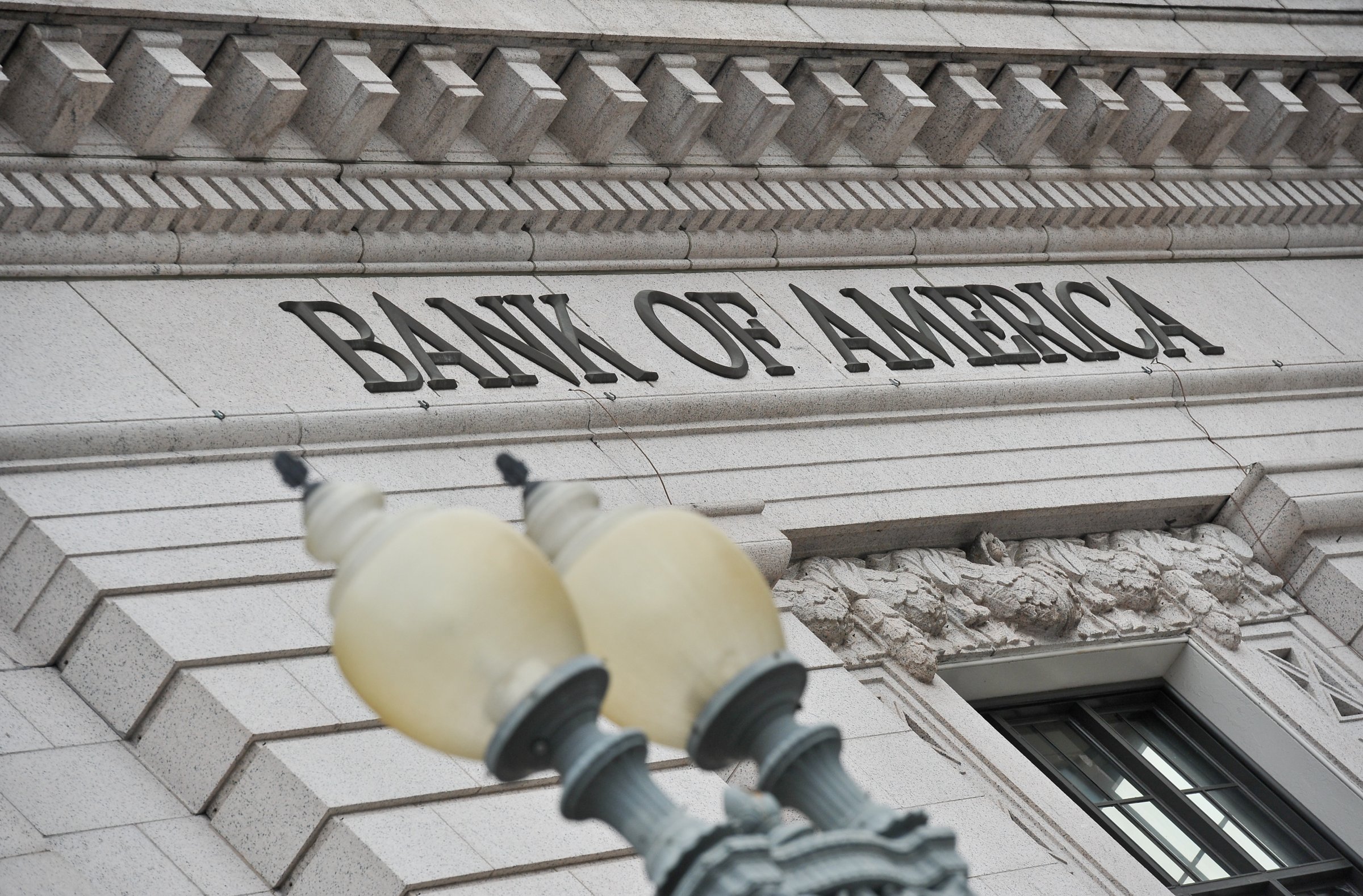
Banks may be officially allowed to get back in the casino business again soon.
Hidden as a rider in the $1.1 trillion continuing resolution omnibus bill—the hulking “Cromnibus”—that passed the U.S. House last night are a few, measly pages that pack a whole lot of punch. They repeal what’s known as the Lincoln Amendment in the 2010 Dodd-Frank Wall Street Reform and Consumer Protection Act.
The Lincoln Amendment, which you’ll also see referred to in other articles as “Section 716” or the “the swaps push-out rule,” was, if not Dodd-Frank’s heart and soul, than at least one of its vital organs. It says, basically, that banks can make risky bets on behalf of paying clients, but if they screw up and get into trouble like they did in 2008, then taxpayers aren’t responsible for bailing them out.
It did that by requiring that banks set up two big buckets: one that was backed by taxpayers (FDIC-insured), and one that was not. The idea was that banks would keep all of their normal, plain-vanilla banking activities in the FDIC-insured bucket, and then “push out” swaps and other risky contracts, like exotic, customized, and non-cleared derivatives, into the other bucket. (Swaps are contracts that allow banks to hedge their risks or speculate on everything from interest rates to currency prices. Credit default swaps contributed to blowing up the economy in 2008. Warren Buffet once called these sorts of derivatives “financial weapons of mass destruction.”)
If the Cromnibus passes the Senate in the form that it passed the House last night, the Lincoln Amendment will be officially repealed. Dead. Kaput. Gonzo. The swap casino will again operate with the tacit backing of taxpayers. If markets go haywire, as they did in the last financial crises, taxpayers may again find themselves forced with a choice between bailing out the casino owners and a systemic financial collapse.
The Bipartisan Policy Center, which is generally in favor of financial regulation, says people shouldn’t overreact to that news. It released a statement yesterday saying, in essence, “Relax, we still have the Volcker rule,” a reference to a different provision of Dodd-Frank that bans banks from using taxpayer-backed accounts to make their own bets on the future movement of markets.
But as the folks at the Roosevelt Institute point out, that argument doesn’t really make sense. It’s like saying that because you’re wearing a t-shirt, you don’t need a sweater. It’s true that the Lincoln Amendment and the Volcker rule overlap in some ways, but their coverage is different.
The heart of the Volcker rule is all about proprietary trading, which is when banks trade for their own profits and not on behalf of their customers. It’s similar to the Lincoln Amendment in that it doesn’t specifically outlaw anything; it says that banks can proprietary trade all they want, but if they get into trouble, taxpayers aren’t bailing them out. Lots of people in the financial world think that the Volcker rule is the most important part of Dodd-Frank, but it doesn’t cover everything.
The Volcker rule, for example, doesn’t apply to all risky financial products, like exotic and uncleared credit default swaps. That’s where other regulations, including the Lincoln Amendment, took up some of the slack. Unlike the Volcker rule, the Lincoln Amendment did apply to exotic and uncleared credit default swaps, and required that banks “push out” swaps into a bucket that was not backed by the taxpayers.
The best argument for not freaking out about the repeal of the Lincoln Amendment is that it wasn’t nearly as strong as its drafters intended it to be. The final version had loopholes the size of Montana. For example, while the Lincoln Amendment was intended to lasso all risky instruments, by the time all was said and done, it really only applied to about 5% of the derivatives activity of banks like Bank of America, Citigroup, JPMorgan Chase, and Wells Fargo, according to a 2012 Fitch report.
In other words, the banks are in the casino business whether or not the Lincoln Amendment is repealed. But liberal Democrats, including Senators Sherrod Brown of Ohio and Elizabeth Warren of Massachusetts as well as a handful of conservative Republicans, like Rep. Walter Jones of North Carolina, say 5% of protection is better than none at all. They oppose the Cromnibus so long as that rider is in it.
House Republicans, for their part, say eliminating the Lincoln Amendment would streamline regulation, boost the economy, and “protect farmers and other commodity producers from having to put down excessive collateral to get a loan,” according to a summary statement. The bill is expected to pass the Senate, rider and all.
More Must-Reads from TIME
- Cybersecurity Experts Are Sounding the Alarm on DOGE
- Meet the 2025 Women of the Year
- The Harsh Truth About Disability Inclusion
- Why Do More Young Adults Have Cancer?
- Colman Domingo Leads With Radical Love
- How to Get Better at Doing Things Alone
- Michelle Zauner Stares Down the Darkness
Write to Haley Sweetland Edwards at haley.edwards@time.com